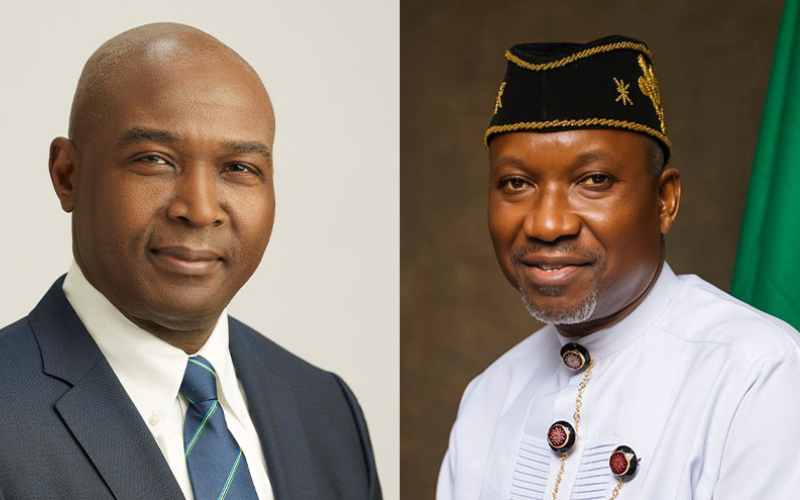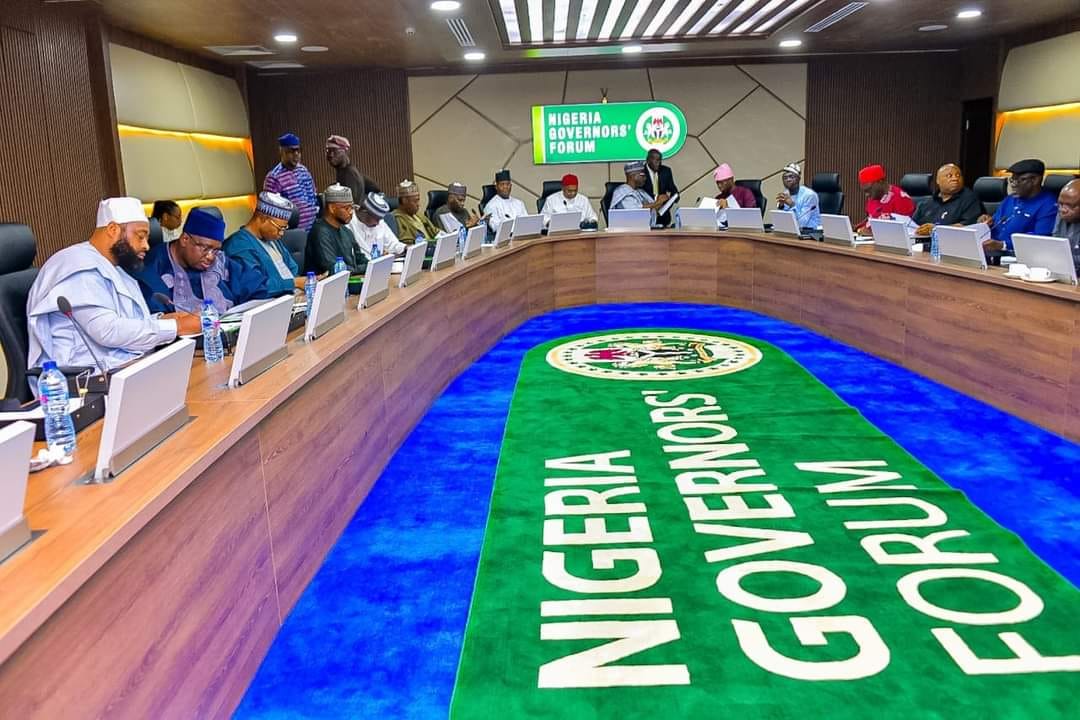Emmanuel Addeh, Onyebuchi Ezigbo in Abuja and Peter Uzoho in Lagos
The Nigeria Labour Congress (NLC) yesterday asked the federal government to carry out a comprehensive audit of power sector infrastructure and review of the entire privatisation model.
While reacting to the reported collapse of the national grid which threw most states of the country into darkness, the labour movement called on government to stop further deployment of public resources to support the privatised entities
In a statement signed by its President, Joe Ajaero, NLC said that the federal government should undertake a fundamental review of the privatisation model itself, with a view to reviving this critical sector.
NLC said: “Since the government has N4 trillion to invest in the sector, we suggest that the funds must be redirected towards a public-led initiative to build new generation capacity and revitalise the transmission infrastructure instead of handing it over to the Generation Companies (Gencos) and Distribution Companies (Discos).
“This is not a plea; it is a declaration of intent. The light must come on, by any means necessary. Once again, we call for a comprehensive public audit of the entire power sector. We call for a fundamental review of the privatisation model itself, with a view to reviving this critical sector. This has become an imperative.
“The working class and the suffering masses of Nigeria will no longer tolerate this darkness. We will no longer accept explanations for a crisis that is manifestly man-made. That government has continued on this path of deliberate failure demonstrates its unseriousness in getting the sector fixed.”
Earlier, the Nigerian Independent System Operator (NISO) announced that it had begun the restoration of the national electricity grid, hours after a system disturbance led to blackouts in several parts of the country.
The latest incident took place around 11.20 am, THISDAY learnt, leaving just 20MW supply to Ibadan Distribution Company (Disco), out of the 12 power distributors currently in existence in the country.
But at the initial time of putting this report together around 3.05pm, data from the Independent System Operator showed that about 495MW out of the over 4,000MW which was available earlier, had been restored.
However, as of 8.21pm, electricity had been restored to the tune of 1,583MW, as Abuja Disco had the lion’s share of 243MW; Ikeja Disco had 239MW, while Eko Disco was supplied 204MW, according to the data available.
A statement released by the newly created NISO said that the latest incident was due to the tripping of a Generation Company (Genco) facility, resulting in a significant load drop, which cascaded to other Gencos, leading to a system disturbance.
“The Nigerian Independent System Operator (NISO) informs the general public that the national grid experienced a system disturbance at 11:20 hrs on 10/09/2025. The disturbance was caused by the tripping of a Genco, resulting in a significant load drop, which cascaded to other GenCos, leading to a system disturbance.
“NISO immediately commenced restoration of the grid at 11:45 hours, beginning with supply to Abuja from the Shiroro power plant, and substantial restoration has been achieved across the country. A full investigation into the immediate and remote causes is underway.
“ The outcome (s) of the investigation report would determine the remedial and proactive actions to be taken to forestall future occurrences. We crave your indulgence to bear with us as restoration is still ongoing,” the statement added.
However, before then, the Abuja Electricity Distribution Company (AEDC) and several other Discos had announced a power outage affecting their franchise areas via their different social media handles.
AEDC, in a public notice posted via its official X handle afternoon, confirmed that the outage was due to a loss of supply from the national grid, which occurred at 11:23 a.m.
Besides, Kano Disco stated: “ Dear Valued Customer, We regret to inform you that at 11:20hrs today, we experienced a widespread power outage affecting our entire network, resulting in a loss of supply to our customers.
“At present, the exact cause of this interruption is unknown, and we are actively working to determine the root cause of the issue. Meanwhile, we are pleased to report that restoration efforts are underway, and we have begun receiving supply across some of our feeders. Our teams are working diligently, in collaboration with our Transmission Company of Nigeria (TCN) partners, to expedite the restoration of power supply across our network as swiftly as possible. Thank you for your patience and understanding,” it stated.
Also, Ikeja Electric said: “Dear esteemed customer, please be informed that we experienced a complete loss of supply to all our feeders at 11:20 hrs today (10/09/2025). We regret any inconvenience this may have caused and appreciate your understanding as we work in collaboration with our critical stakeholders to restore supply promptly.”
In the same vein, Kano Disco expressed regret over the incident, urging its customers to remain vigilant and safeguard electricity infrastructure from vandals’ activities during this time.
“Dear Valued Customers, we regret to inform you that a system disturbance occurred at 11:20am today, 10th September 2025. This has resulted in our inability to distribute electricity to our esteemed customers across our franchise area.
“We are appealing to our valued customers to kindly bear with us as we monitor the situation for quickest restoration. Additionally, we urge you to remain vigilant and safeguard electricity infrastructure from vandals’ activities during this time. Thank you for your patience and continued support,”Kedco stated.
The post After Another Grid Failure, NLC Demands Audit of Power Sector Infrastructure appeared first on THISDAYLIVE.




